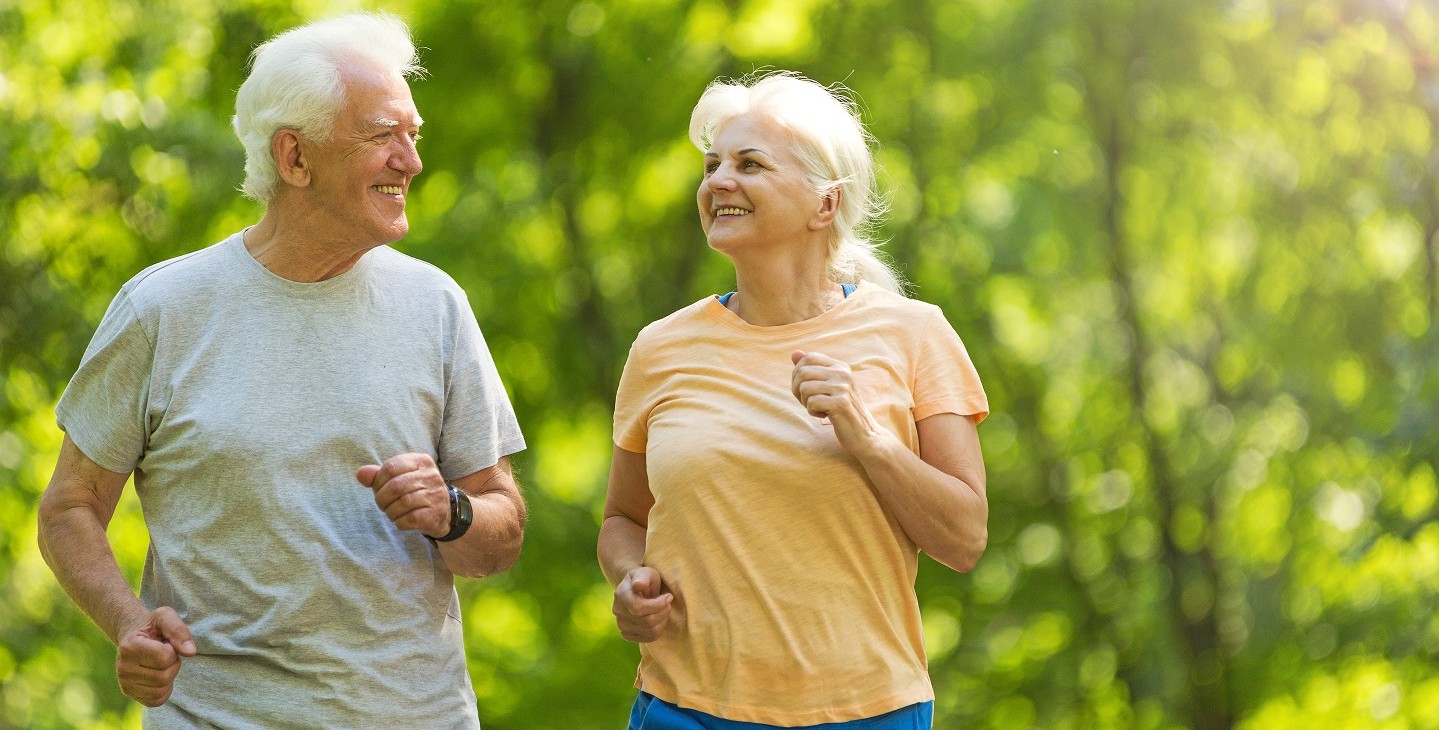I hear on a regular basis the health benefits around physical activity. When you work in the sport and fitness industry these messages are key for us as there is so much evidence emerging about the benefits of remaining active (and we are all advocates for exercise). But how can we encourage and educate people to get our message across and explain that physical activity really does help?!
As we approach World Alzheimer’s day, the focus is to highlight for people around the world issues faced by people who are affected by Alzheimer’s and similar diseases such as Dementia. Unfortunately, these diseases have no known cure, although scientists are working hard to slow and even at some point cure them, however what we do know is that physical activity can contribute to a healthy lifestyle and can also help improve quality of life for those that may be affected.
On the 21st September, the day will provide an opportunity to raise awareness of Alzheimer’s, which is a global challenge with up to 50 million people suffering from the condition worldwide. I believe at Life Leisure we can provide the necessary provision to support those locally in Stockport to help people live well.
Last year, a review by scientists at the University of Southern California in Los Angeles found that as many as 1 in 3 cases of Alzheimer’s disease were preventable through lifestyle changes – one such step was increasing physical activity.
“Our findings suggest that exercise training may delay the decline in cognitive function that occurs in individuals who are at risk of or have AD [Alzheimer’s disease], with aerobic exercise possibly having the most favourable effect.”
People may not take notice of such studies or understand why they are conducted, but personally I really value this type of evidence and believe I have seen first-hand how our physical activity delivery can help.
Over a year and half ago, I created a new gentle exercise concept called SMILE. The aim of the programme is to reduce sedentary lifestyles and help increase mental stimulation for older adults (SMILE – Simple Movements Improve Life Everyday). People may not be in front of the instructor but if they are in the room, it’s highly likely they join in anyway.
How can we help people with Alzheimer’s? I firmly believe it is triggers to engaging with an activity. These triggers may not be the exercise itself, but the music involved. You add the exercise to the music and a fun, social and caring environment and we have seen the impact it has.
I was at a conference last year where the Matron for Dementia care at a local hospital spoke about the importance of music. This is one of the reasons I rate music highly as an important element when delivering exercise/physical activity – it is natural that people move to music! Create enjoyable environments and the exercise being demonstrated is usually the side effect.
People are at times surprised by how much exercise can help you. Once people understand and enjoy the exercise, they get the itch to keep going, and very quickly they also start to realise the physical (and mental) benefits come with it. Not only that, but it helps increase independence, self-esteem and mood and most importantly supports the carers of people who are suffering with the disease.

